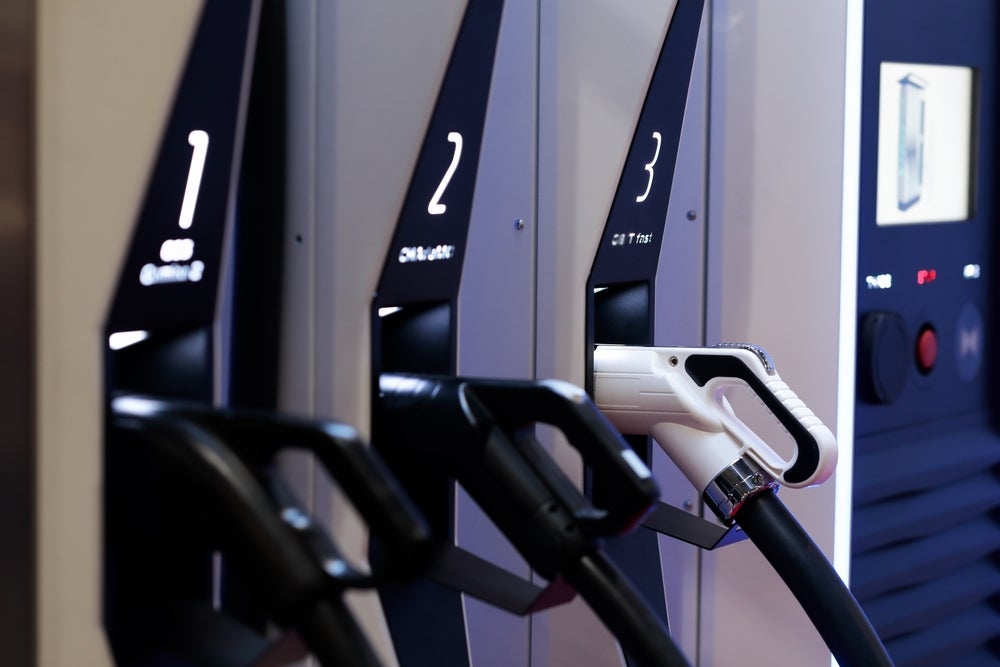
As COVID-19 looks set to stay and affect the global automotive industry for a sustained period of time, INDICATA has published a report on the extent of impact and offers advice on how different sectors can survive.
Leasing companies
INDICATA said the challenge for the leasing industry will be to manage the current volatility in the market while respecting the fact that there may be no short-term recovery in RVs. The report noted that in 2008/09 many leasing companies extended contract and ran on vehicles.
“With the risk that used vehicle prices are suppressed for an extended period of time, an immediate run on vehicles may not be ideal. Even so, vehicles will still need to be remarketed over the downturn.”
Identifying real-time opportunities will be key for leasing companies, said INDICATA. Remarketers and fleet planners will need the ability to:
- Identify the changing fortunes of country markets or segments
- Monitor of the retail market dynamics that will turn into trade market opportunities
- Expand channels and countries of remarketing.
Rental companies
The report noted that now is probably a better time for a major disturbance in the rental market than most. “Had the virus started mid-year, with rental companies at peak leisure market, the price impact of mass de-fleets and dropping on-rents would have been painful.”
As a result of the coronavirus, rental companies will need to re-assess current contracts based on three key factors volume flexibility, holding period flexibility and certainty of residual value certainty. In many cases contracts will be defaulted on, according to INDICATA, such is the loss of demand in the rental market.
How well do you really know your competitors?
Access the most comprehensive Company Profiles on the market, powered by GlobalData. Save hours of research. Gain competitive edge.

Thank you!
Your download email will arrive shortly
Not ready to buy yet? Download a free sample
We are confident about the unique quality of our Company Profiles. However, we want you to make the most beneficial decision for your business, so we offer a free sample that you can download by submitting the below form
By GlobalDataThis will leave OEMs with both a gap in new sales and stock of unregistered (and in some cases registered ready for delivery) new vehicles the rental industry does not want.
In addition, de-fleets will occur as rental demand drops – initially focused at OEM buybacks. Rental firms will try and hold risk vehicles until the initial social distancing phase passes, however while run on actions can help a rental company to overcome initial supply/demand imbalances, that rarely works in a sustained downturn, said INDICATA. “The first hit is the best hit. However, there is and will be significant volatility on demand and significant differences between country markets capacity to absorb stock at any one time.”
Therefore, rental company remarketing operations should be flexible in which countries they remarket vehicles in. This requires four capabilities:
- The ability to open new markets quickly (despite a lack of existing remarketing or logistics infrastructure).
- The ability to expand buyer-base locally and find new channels to market
- The ability to remarket in multiple countries simultaneously
- The ability to identify what is happening in markets both in terms of sales rates and terms of live pricing data.
OEMs and OEM banks
“Initially hit with larger than expected volumes of rental de-fleets and even holding 0km vehicles that were destined for the rental industry, a decision to quickly exit vehicles before social distancing measure take hold on a widespread basis will require bold actions. It may be worth it in the long-term as RV pressures take hold.”
The report said that many OEMs traditionally have a policy to only remarket vehicles generated in a market back into that market (focusing primarily on their franchised network). However, if used prices are going to drop, holding vehicles in country A may be the wrong decision if country B is still operating as a liquid market.
INDICATA suggests that OEMs should be monitoring cross-border opportunities, coupled with enacting new non-franchise targeted sales strategies may reduce immediate stock pressures and minimise losses.
According to the report, OEM banks are facing two incremental pressures on their remarketing:
- Increasing numbers of returns to the bank
- Negative or minimal equity in end-of-contract vehicles (where risk defaults to the bank).
As a result, OEM banks must identify new routes to market for increasing numbers of returned vehicles.
Dealer and dealer groups
The report stated that dealers will face significant challenges as their new vehicle volumes come under real pressure. To combat this, INDICATA said the key will be to strengthen and develop used vehicle operations as used volumes have weathered past financial storms better.
“In a hostile market, stock-turn is the most powerful weapon for defending profitability.”
Consultancy work with dealer groups has shown that holding vehicles too long has a severe impact on profitability. To counter this, INDICATA said the single most important strategy to used vehicle survival is developing market-driven pricing strategies to control ageing vehicle levels.
In addition, sourcing and trading are also key for dealers. The report said that fully understanding the attractiveness of any piece of stock that is being sourced is vital.
Dealer groups will also be faced with a reduction in showroom traffic. As a result, prospective customers will spend longer researching purchases online, meaning sales executives will have less opportunity to engage with them.
Generating effective web leads will be key to starting the sales process off, said INDICATA. “Dealers implementing online trade-in valuation tools will materially increase web effectiveness. An average dealer website will generate 1% of web visitors to leads. Implementing an online lead generator will double this rate of lead generation.”
The full report can be downloaded here.






